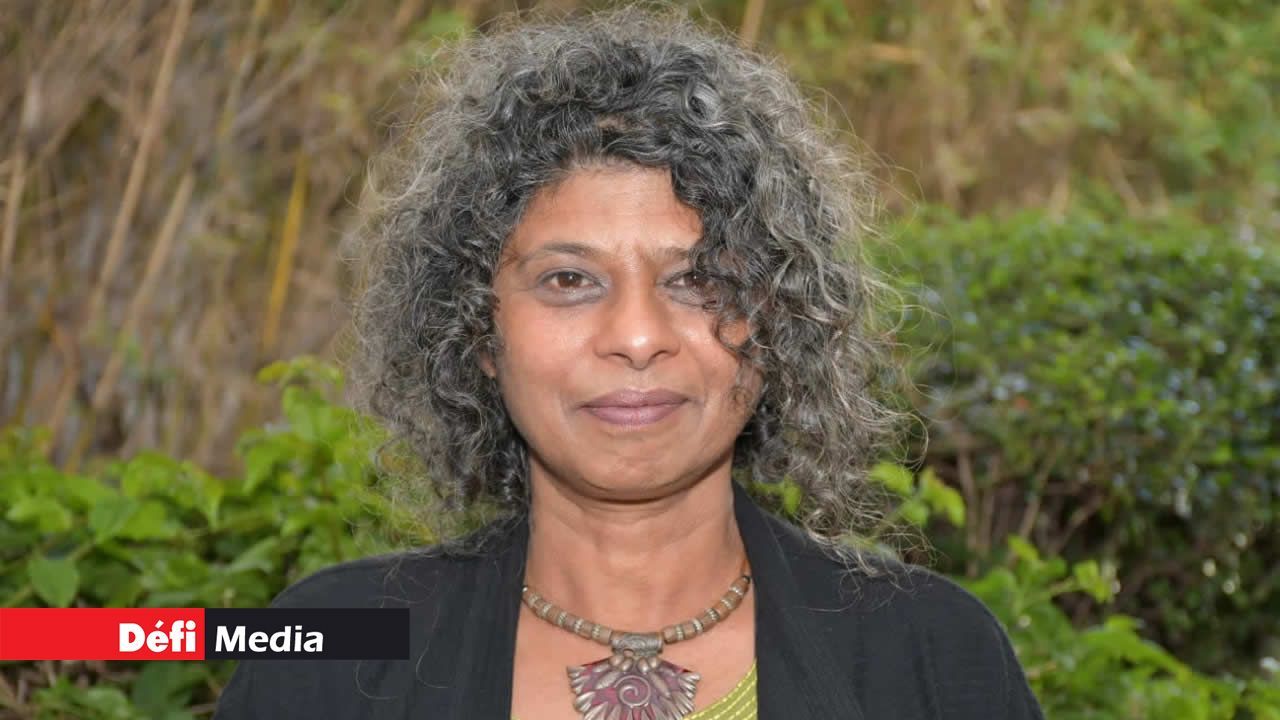
Again, dear Editors and Heads of News,
Publicité
We write to express our appreciation for the response to our first Open Letter to you on the dangers of the xenophobic political campaign against people from Bangladesh. Bad losers wantonly blamed them for their defeat in supposedly rigged elections, even as their members took up their seats in the National Assembly.
As you are aware, there have been reactions to our Open Letter:
- Le Défi Media Group has published our letter, commented on it, invited comments from others on it, and organized a radio talk show on it.
-- The Le Mauricien Group has published, in Week-End, Shenaz Patel’s page, in which she firmly takes a stand against the xenophobic campaign.
- La Sentinelle Group has the L’Express journalist Iqbal Khan laying to rest the myth of Bangladeshis having stolen the last election, in his knock-out page. The page one title reads: Elections Generales: Votes des Bangladais: Mythe vs Realité?
- Interestingly, L’Express editors have also been at work. The word “Bangladeshis” has been edited or self-edited out of an article: the rabid election-result-denier “Michael Bellingcat” thus has a line reading “abusive enfranchisement of Commonwealth Contract workers” in his list of ways rigging was supposedly done!
These positive reactions do not constitute our original request for a common declaration but they certainly go in the right direction.
The MBC has meanwhile remained silent. We will come back to this.
Let us now consolidate a list of some dangers in the xenophobic campaign, including new contributions from the press and on radio.
We will write in the past tense, in the hope that the campaign is over, and that it will not continue – even in any other guise.
1. The post-electoral 2019 campaign began with far-fetched allegations on social media not with facts. No facts have since been produced, either.
2. The campaign treated people from Bangladesh as if they were not intelligent, sentient human beings.
3. People from Bangladesh were treated in the campaign as if they do not vote on the basis of their opinions but can be coerced on how to vote, and as if they are the only “community” with this trait.
4. The campaign assumed that the 45 people from Bangladesh on the electoral roll were not businessmen working here, IT experts working here, people married to Mauritians they met abroad before settling here, or anything normal like that. No. Bangladeshis were, whether they are on the electoral roll or not, according to the xenophobic campaign, always contract workers. What we can call the “Bellingcat amendment” exposes that.
So, there is even an “anti-worker” element to this campaign, when it is stripped bare. Perpetrators wanted people’s labour, not the people as people. Reminiscent of colonial ideology?
5. The campaign singled out only 45 Bangladeshi people, from amongst the hundreds of electors who are entitled to vote as Commonwealth citizens after two years’ residence, and this was done either on no grounds at all or on communalist or racist grounds.
6. The numbers relied upon do not correspond with the numbers needed for any claim that the elections were “stolen”, making the xenophobia all the more gratuitous.
7. The campaign confused the issue of 45 Bangladeshi people, who were resident here for two years, most of them working productively, studying here, married here, and buying market produce just like the rest of us, living in our villages and towns alongside us, paying taxes like VAT like us, being eligible to vote in 2019 with the absurd proposal of enlisting hundreds of thousands of Mauritian “diaspora” to vote, when they neither work here, live here, buy goods here, travel on public transport here, nor pay tax here. The enlightened idea of suffrage being linked to residence, thus, ceded place to the feudal notion of linking voting rights to blood-lines or inherited national “castes”. (Imperialist countries have huge armies and “cooperants” and so on abroad, and this provokes strange “demands” of their electoral systems. The USA, for example, has literally hundreds of thousands of electors dispatched abroad by the State to work for years on US military bases that are, like Diego Garcia, little colonies they occupy militarily. These electors work for the US army direct, or for the CIA, or for military sub-contractors, or for other ministries. That is the driving force for the USA, and France, for example, organize ballots abroad.)
8. The Labour Party, to ensure its defense on Radio Plus against LALIT’s accusation of a xenophobic campaign, delegated MP Farhad Aumeer. It soon became clear that the choice was for reasons other than his capacity to defend the Party on this issue. This tends to prove that the Labour Party people are, indeed, aware of the communal dynamic that their xenophobic campaign risks provoking, and were already preempting this accusation. In fact, we put on record in this second Open Letter, that in the past, there were to our knowledge incidents where xenophobia against Bangladeshis did spill over into pure communalism. It was in the Press at the time. Experienced political commentator Jean-Claude de l’Estrac immediately saw the post-electoral attacks as “communalist”.
9. Hon. Aumeer fell into the usual trap of not calling impersonators “impersonators”, nor electoral fraudsters “electoral fraudsters” nor electoral tricksters “electoral tricksters”. He calls them “Bangladeshis”. This is the usual template for xenophobic, racist or communalist statements. This is precisely what the Redacteurs en Chef, at the time of the bagar rasyal signed up to refrain from doing. We re-published it in our first Open Letter because of its precision and relevance.
One new fact: in a LALIT branch, a member reminded us that the anti-Bangladeshi campaign in politics actually pre-dated the 2019 elections.
We looked this up in our archives, and found our branch member was right. At the 1 May meeting in 2019, months before the November election, there was a campaign aimed at the Labour Party, showing supposedly people of Bangladeshi origin at the Labour Party meeting. It was run by none other than Pravind Jugnauth’s MBC.
Maybe this is why the MBC has not responded at all to our Open Letter criticizing its main challenger?
The MBC’s role, too, adds further proof to the scheming, xenophobic nature of the post-electoral campaign. Why on earth can’t Bangladeshi people, including contract workers, attend a public political meeting organized by the Labour Party? Or the MSM? It is a total absurdity, and not just infantile but absolutely pernicious. Imagine the poster any party would need to paste up to say what “public” means? “Public invited. Except for ....?” The cruelty is so patent.
This xenophobia must stop. It must not be converted into new coded forms like “Commonwealth Contract workers” or anything else. We must all declare it over, and other similar campaigns over, too.
We must defend the principle of total transparency in all stages of the electoral practical procedures while at the same time working towards increasing the democratic nature of elections in general and in particular on electoral expenditure (See our program on this on our website).
We call again for rationality in all reporting. And for enlightened opinions, like those we have seen this past week. This way, the press can help promote more democracy and genuine freedom of expression, just as it did so bravely in 1968.
Yours sincerely,
Rajni Lallah
for LALIT, 28 August 2023.

Notre service WhatsApp. Vous êtes témoins d`un événement d`actualité ou d`une scène insolite? Envoyez-nous vos photos ou vidéos sur le 5 259 82 00 !
















![[Info Soirée] : Xavier-Luc Duval à Richard : « Toi aussi…Brutus »](https://defimedia.info/sites/default/files/styles/square_thumbnail/public/thumbnail_270424_final.jpg?itok=xtOBtqJV)




